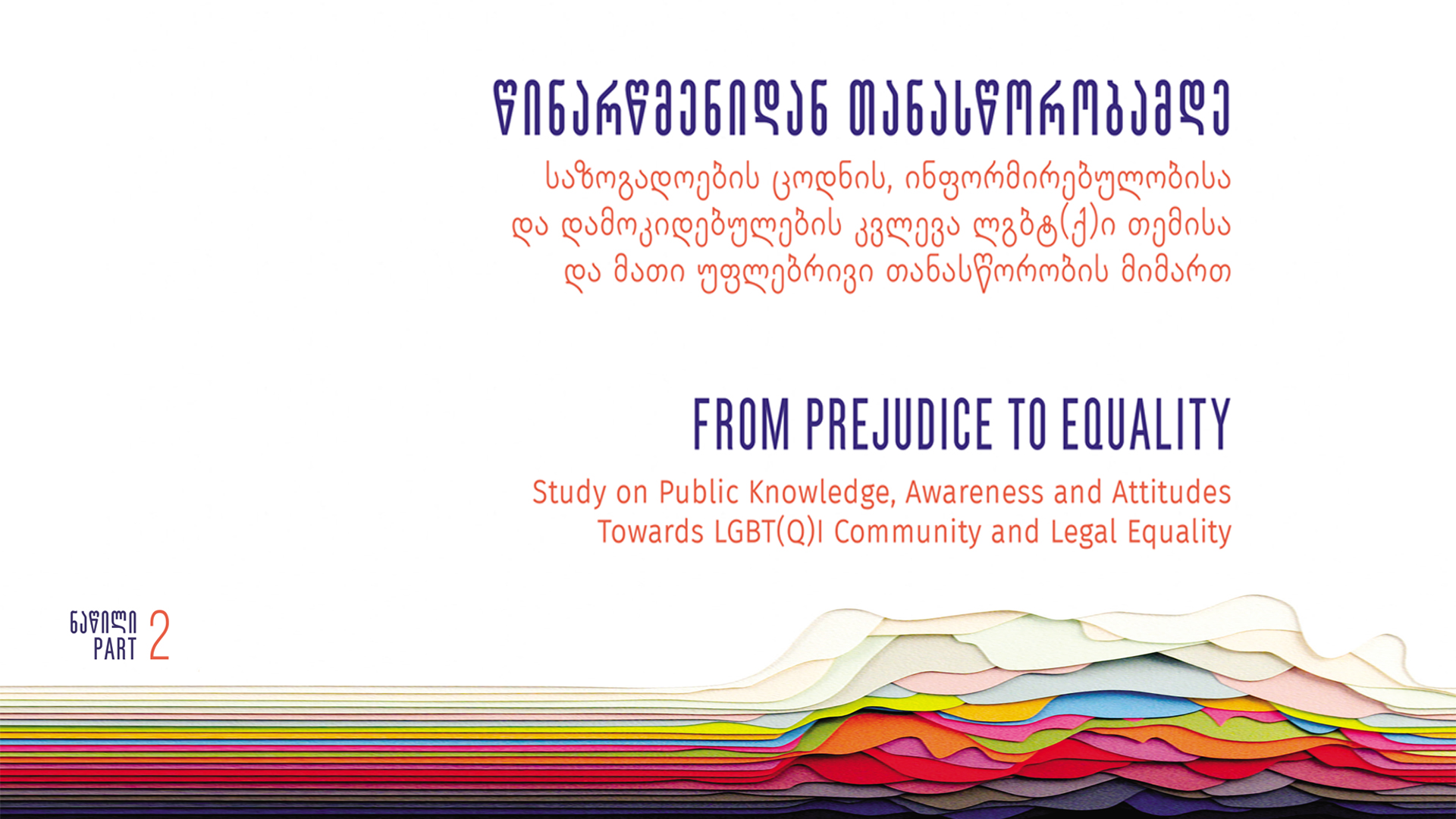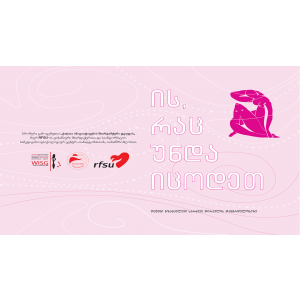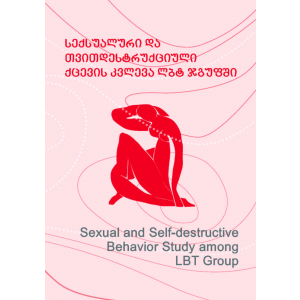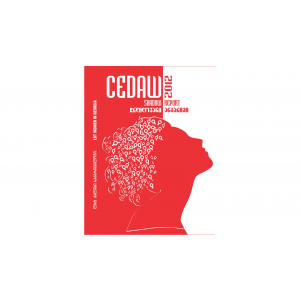A Brief Summary of the Research Results
Homo/bi/transphobic attitudes in society have a significant impact on the lives of LGBT(Q)I people. Even though negative attitudes are not always manifested in behavior (the dominant discourse in the country is critical to the expression of anti-LGBT attitudes), studies show that there is a close link between those two (Bernat et al., 2001; Franklin, 2000; Parotti, 2008). In countries with strong anti-LGBT sentiments, members of the group are often victims of violence and discrimination in various fields of life
At the same time, public attitudes influence the formation of policies and legislative frameworks that address the right equality of LGBT(Q)I people (Lax and Phillips, 2009; Rigl et al., 2010; Takax and Zalma, 2011). This process is not one-sided – politics and the legal environment, in turn, influence the dominant public discourse and regulate violent behavior and discriminatory treatment (Broer, 2006; Williams et al. 2014). Of course, the relationship between public sentiment and politics in different countries differs in content and quality. Another policy-making component is being introduced regarding LGBT(Q)I issues in Eastern Europe and post-soviet countries, which is related to the integration into the common European space and harmonization of the legislative sphere.
Studies examining public attitudes alongside the dynamics of the EU›s relationship with the declared aspirations for democracy in Europe show that there is a significant gap between the desire to join the EU and the belief in and values of democracy1 and despite the significant progress on certain issues, those are still perceived as fragmented, unrelated issues2 . According to a 2021 survey, more than half (54%) of society don›t fully or partially share the opinion that the EU poses a threat to Georgia›s national traditions (the share of such respondents has increased by 20% compared to 2015), however, 35% of the respondents agree with this statement.
Clearly, skepticism about the EU is also influenced by other factors, however, it›s not doubtful that Russian propaganda plays a key role in stirring up this skepticism. The machine of Kremlin disinformation turns the information ambiguity surrounding the prospect of EU membership into an ideological discourse in which Russia, a fighter against the “perverted West” and a defender of Orthodoxy and traditional values, plays the role of an alternative leader.
Studies examining the effects of Russian disinformation show that issues related to the visibility and legal equality of LGBT(Q)I people play a crucial role in their narrative. According to the researchers, Eastern and Central European countries, due to their geographical proximity to Russia, were particularly vulnerable to this type of propaganda (Korolczuk and Graff 2018). The results of the media monitoring conducted by the Media Development Foundation in 2017-2020 show that the use of homosexuality to reinforce anti-Western sentiments is still an important part of homophobic rhetoric in Georgia3 .
Although Russian disinformation and anti-Western propaganda do not create, but reinforce, negative sentiments and feelings of danger in the society, the absence of appropriate state policies have a significant impact on the political climate in the country and play a role of kind of enzyme in uniting and radicalizing conservative part of society, antiliberals, and right-wing groups.
On the one hand, the link between homo/bi/transphobic prejudice and discriminatory behavior, and on the other hand, the specific nature of the relationship between public opinion and existing politics, make an in-depth, complex study of the public opinion regarding LGBT(Q)I people and their legal equality particularly important.
Studies conducted in Georgia in 2016-21, which among other things, studied attitudes towards homosexuals and/or the LGBT group, show that homo/ bi/transphobic attitudes are still strong. Compared to other minority groups, negative attitudes and distancing are most pronounced towards the LGBT group. However, these negative attitudes tend to decrease.
According to a study conducted by ISSA in 2019, which examines attitudes toward gender equality: “Homophobic attitudes between women and men remain in Georgia. Respondents, especially men, have deep-seated homophobic views. More than half of women and eight out of ten men say they will never have a homosexual friend. “Even more believe that homosexuals should not have the right to work with children and that having a homosexual child is a shame”4 .
A comparison of the results of the study of the public attitudes conducted by CRRC-Georgia ordered by NDI in 2015-2019 shows that the share of the population who believe that the protection LGBT community›s rights are important has increased from 21% to 27%. However, the changes are mainly due to the attitudes of female respondents. Male respondents hardly changed their minds on this issue (the share of such respondents among men increased from 20% to 23% in the mentioned five-year period, while the difference between female respondents is quite impressive and increased from 22% to 31%).
According to the study conducted in 2018 by the Council of Europe, the protection of LGBT people›s rights was the least important to society compared to other minority groups. Protecting LGBT rights is automatically understood as a violation of the rights of the majority («LGBT people should not bother the ‹society› and should not ‹restrict› the rights of heterosexuals); While the rights themselves are perceived as things “incompatible” with Georgian culture and traditions, something borrowed from the West. Members of the focus group also say that LGBT people are being paid to protest against the violation of their rights.5
After 3 years, according to the results of a repeated study, “the level of awareness of diversity in Georgian society and a positive attitude towards this issue has increased from 2018 to 2021.” Awareness of the problems which the minorities are facing is also raised.
Although these studies don›t have a direct aim to study attitudes toward LGBT(Q)I people and their legal equality, they use different methodologies, consider the LGBT(Q)I group as a homogeneous group, and don›t allow in-depth conclusions, but on the whole, their results indicate the tendency for the positive change in the country, that supports the results of our research.
A Brief Summary of the Research Results in English is available at the link below (from p. 130)
1 See E.g. CRRC “Knowledge and Attitudes towards the EU Integration in Georgia” 2009-2019, “ National Democratic Institute (NDI): “Public Attitudes in Georgia” (2014-2019) and others.
2 See E.g. Shubladze R., T. Khoshtaria. “The Gap Between Supporting Democracy and Liberal Values”. Caucasus Analytical Digest N116. 2020
3 See results of media monitoring of Media Development Foundation 2017, 2018,2019, 2020
4 The quantitative part of the study shows that the attitudes towards homosexuality differ in female and male respondents: it shows that 83% of men and 74% of women who participated said they would be ashamed to have a homosexual child; 83% of men and 64% of women are against the employment of homosexual people in the education field; 81% of men and 54% of women believe he/she/they will never have a homosexual friend. Men, Women and Gender Relations in Georgia: Public Perceptions and Attitudes. UNDP and UNFPA. Tbilisi. 2020.
5 Hate Crime, Hate Speech and Discrimination in Georgia: Public Attitudes and Awareness. Council of Europe, November 2018







